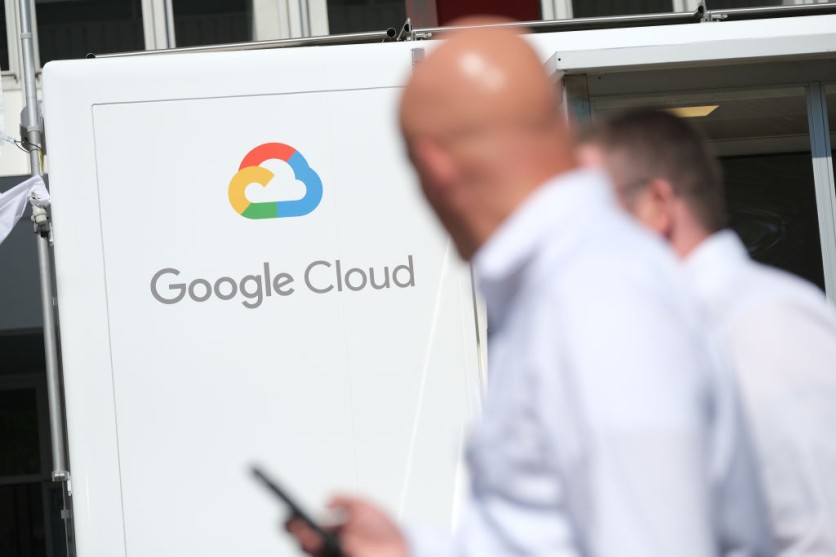Google Cloud has eliminated fees for customers migrating data from its platform to other cloud providers or on-premise data centers.
Effective immediately, services eligible for this fee waiver include BigQuery, Cloud Bigtable, Cloud SQL, Cloud Storage, Datastore, Filestore, Spanner, and Persistent Disk. Customers must seek approval through an application form and complete the transfer within 60 days, with Google reserving the right to audit data movements for compliance.
This decision addresses concerns from regulators and rival cloud providers about "egress" fees and the costs associated with outgoing data transfers, per TechCrunch. For instance, AWS charges $0.09 per gigabyte of outbound data to the public internet for every 10 terabytes. A flat fee of $0.02 per gigabyte is charged for transferring data between two AWS EC instances in almost different regions.


Game-Changing Move
Egress fees have been a point of contention for cloud customers, with Apple reportedly paying $50 million in egress fees to AWS in a single year. An IDC survey found that 99% of cloud storage users faced egress fees, averaging 6% of their storage costs. Additionally, 34% of enterprises altered their cloud storage usage due to egress fees, either repatriating data on-premises or shifting to providers without such charges.
This move by Google aligns with initiatives by the Bandwidth Alliance, an organization that aims to eliminate or reduce charges for data egress fees. This group includes Google, Alibaba, Microsoft, and Oracle, while Amazon is not part of it. It is anticipated that Google's decision will trigger competition among other cloud providers, thereby making them revise their fee structures in line with the changing developments within the industry.
Under the leadership of Thomas Kurian, Google Cloud achieved profitability last year, securing major clients and enhancing operational efficiency, per CNBC. This profitability contrasts with Oracle's historical strategy of customer lock-in, which is challenging to maintain in the current cloud computing landscape. Google's decision to waive transfer fees may influence competitors to follow suit to avoid potential business losses.
New Generative AI Technologies for Retailers
In anticipation of NRF 2024, Google Cloud has introduced advanced AI and generative AI-powered technologies tailored for the retail industry, per the tech giant's media release published by PR Newswire. These innovations aim to enhance online shopping personalization, streamline operations, and revamp in-store technology implementations. A recent study by Google Cloud reveals that 81% of US retail decision-makers perceive an urgent need to embrace generative AI.
Carrie Tharp, Vice President of Strategic Industries at Google Cloud, notes the rapid evolution of generative AI as a pivotal element on retailers' agendas, capable of expediting growth, improving efficiency, fostering innovation, and minimizing operational burdens. Among the unveiled technologies is Google Cloud's conversational commerce solution, which empowers retailers to integrate generative AI-driven virtual agents onto their platforms seamlessly.
These virtual agents engage in nuanced conversations, offering personalized product recommendations based on customers' preferences and elevating the online shopping experience. This innovation, designed for swift deployment within a few weeks, can operate on Google Cloud's Vertex AI platform or integrate seamlessly into existing catalog management applications.
Related Article: Nvidia Advanced Gaming Cards Repurposed for AI in China Amid US Export Controls
ⓒ 2026 TECHTIMES.com All rights reserved. Do not reproduce without permission.




